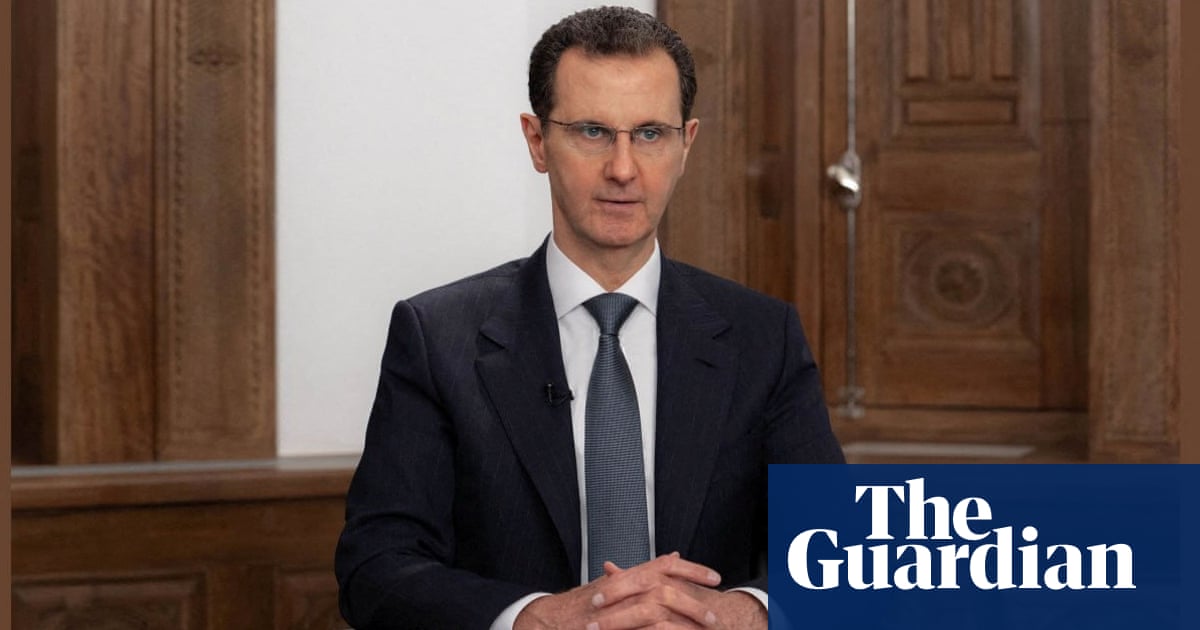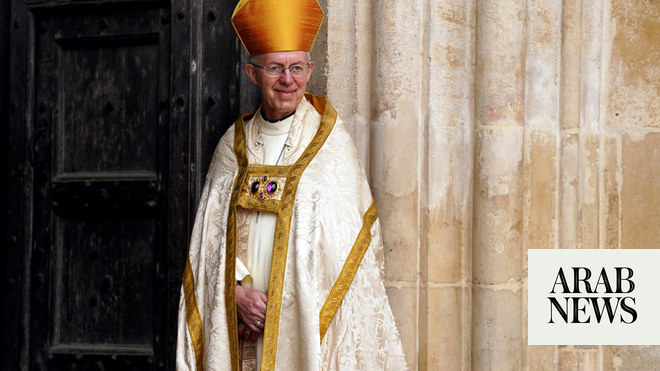
Preventive maintenance can save home and business owners up to 20 percent on total building upkeep costs
Digitizing the home-services market can help regulate a largely unregulated space in the MENA region
DUBAI: “If it ain’t broke, don’t fix it” is a maxim that applies to many life situations — but not when it comes to keeping your car or home running smoothly.
Research shows that proactive and preventative maintenance can save home and business owners up to 20 percent on total upkeep costs.
Whether they need proactive or reactive maintenance, homeowners in the MENA region have historically had to hire service providers whose efficiency and honesty are largely untested, with word-of-mouth recommendations being their safest bet.
“For (the home-services) sector, there are many challenges that we fight every day in terms of getting the right technician and settling the best price and agreement with him,” said Faisal Alzahrani, co-founder of Ajeer, who realised the best way to reinvent the experience is to “regulate” this market and “simplify” the customer experience.
Ajeer
Ajeer, a digital Saudi-based home maintenance and services marketplace, is one of a handful of MENA startups helping clients by connecting them with validated home cleaning and service professionals.
These enterprises are harnessing the social power of the Internet to reshape the way homeowners request services.
When Alzahrani and his partners, Turki Alarjani and Abdul Aziz Al-Taleb, founded Ajeer in Apri, they struggled to prove they had a viable concept. The trio pitched their idea to more than 50 venture capital investors only to get feedback from three of them.
Now, the company operates a marketplace of more than 3,000 service providers and secured $500,000 in seed funding in December 2018. Part of the money came from an angel investor who is a previous customer.
Ajeer currently covers seven cities in Saudi Arabia and is yet to expand into the rest of the Kingdom and neighboring countries.
Kheddma
Cairo-based Kheddma is trying to replace the housemaid with a more professional modern alternative.
Launched in 2018 by Hashem Aly, co-founder of MENA crowd-sourced educational video platform Nafham, the company runs a team of vetted cleaning professionals.
The aim is to expand in the future by reaching out to current housemaids, professionally training them, and rehiring them through the service.
Maharah
Founded in 2015 by Mujahed Marghlani, Saleem Barnawi and Ahmed Mereyani, Maharah is a Flat6Labs Jeddah accelerator program graduate. It was featured among the Forbes 50 most promising Saudi startups in 2016.
Its mobile app enables homeowners in five Saudi cities to schedule maintenance appointments with a skilled worker they can choose from a catalogue which lists electricians, plumbers, and flooring specialists, among others.
Maharah has changed the public’s view of a skilled fixer. “We have Saudi nationals working with us,” Mereyani said in an interview with The Business Box podcast. “Some are government employees who are handy with a maintenance job, and they take job orders after finishing their full-time day job.”
B8ak
B8ak is another Saudi app for ordering home and IT maintenance services. Khalid Al-Hmili and Eyad Al-Shabaan started the company in 2017, receiving $2 million a year later in a seed fund-raiser led by Riyadh Taqnia Fund.
“The home maintenance services market is a huge 25,000 job opportunity market,” said Al-Hmili in a video introducing the service.
B8ak partners with verified local service providers. The company also operates a community give-back initiative, donating one Saudi riyal to community-development initiatives for each order placed.
Digitizing the home services market is likely to regulate a largely unregulated space currently dominated by independent and, in many cases, undocumented workers in the MENA region. As more startups enter this sector, the stigma of working in home services will recede, creating opportunities for young skilled individuals to improve their income.
This report is being published by Arab News as a partner of the Middle East Exchange, which was launched by the Mohammed bin Rashid Al Maktoum Global Initiatives and the Bill and Melinda Gates Foundation to reflect the vision of the UAE prime minister and ruler of Dubai to explore the possibility of changing the status of the Arab region.












